Mathematical Logic
Mathematical logic is the application of mathematical techniques to logic. Logic has two aspects: formal and informal. In a sense logic belongs to everyone although we often accuse others of being illogical. Informal logic exists whenever we have a language. In particular Indian Logic has been known for a very long time. Formal (often called, 'mathematical') logic has its origins in ancient Greece in the West with Aristotle. Mathematical logic has two sides: syntax and semantics. Syntax is how we say things; semantics is what we mean. By looking at the way that we behave and the way the world behaves, Aristotle was able to elicit some basic laws. His style of categorizing logic led to the notion of the syllogism. Higher-order logics allow for quantification not only of elements of the domain of discourse, but subsets of the domain of discourse, sets of such subsets, and other objects of higher type. The semantics are defined so that, rather than having a separate domain for each higher-type quantifier to range over, the quantifiers instead range over all objects of the appropriate type. This book is intended to be used as a textbook by students of mathematics, and also within limitations as a reference work.
Get it now and save 10%
BECOME A MEMBER

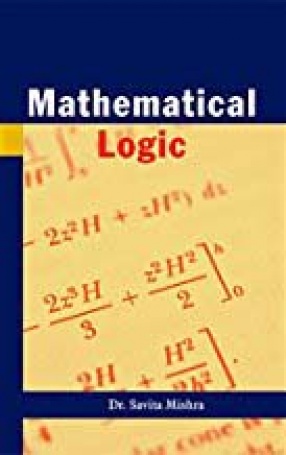



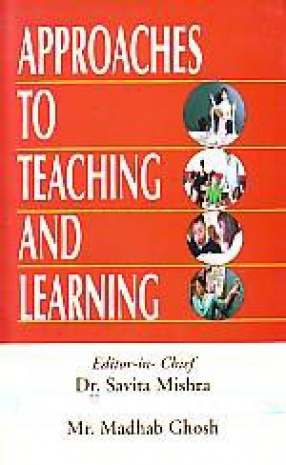
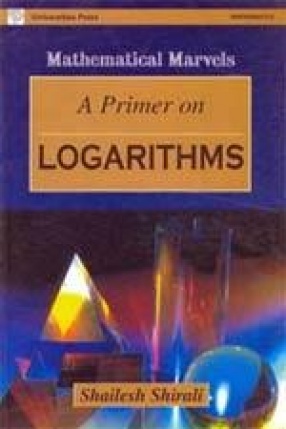
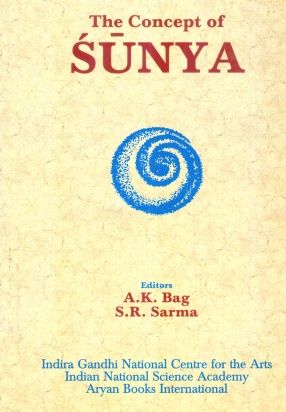

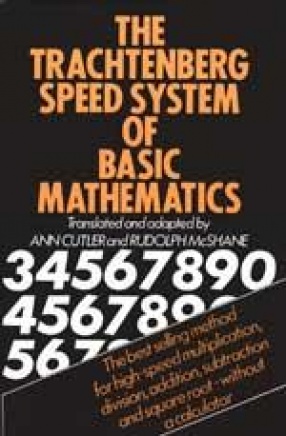

Bibliographic information